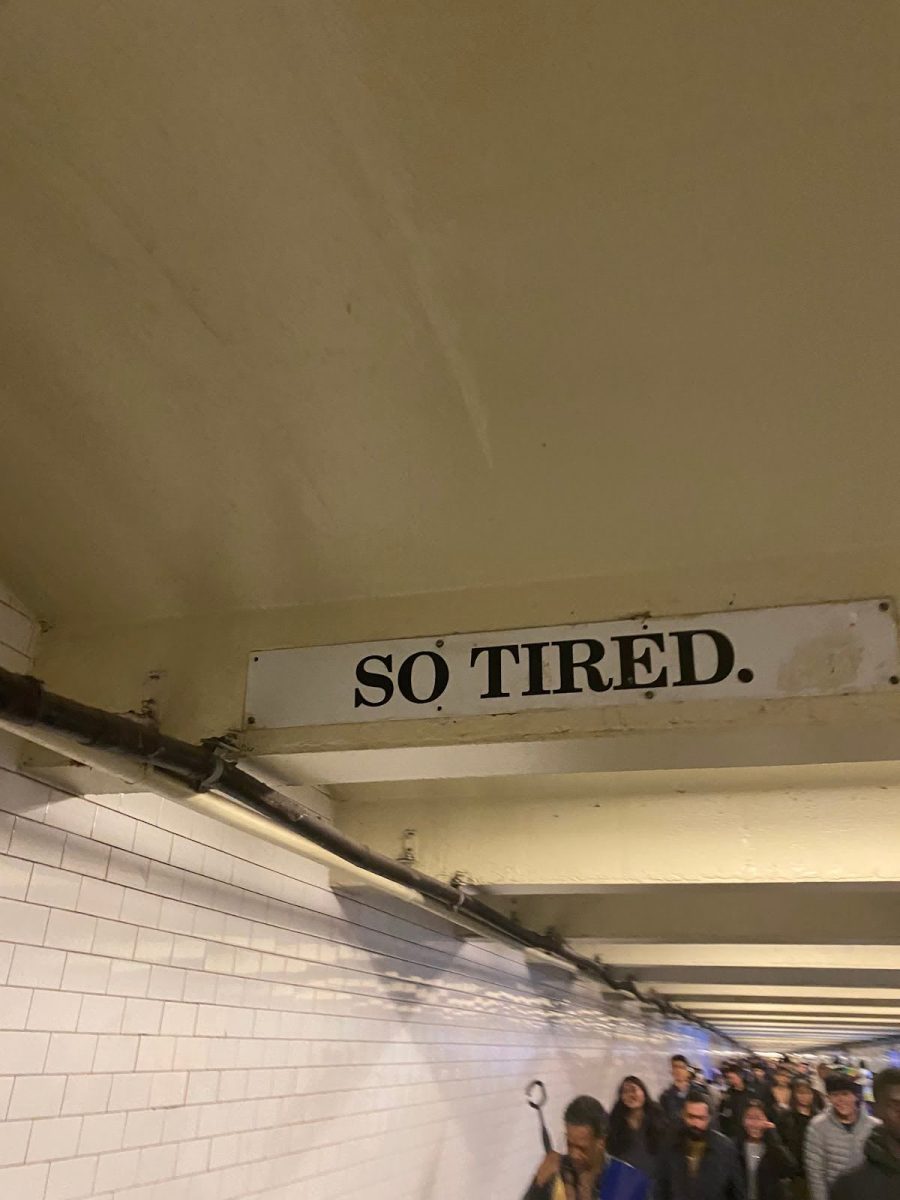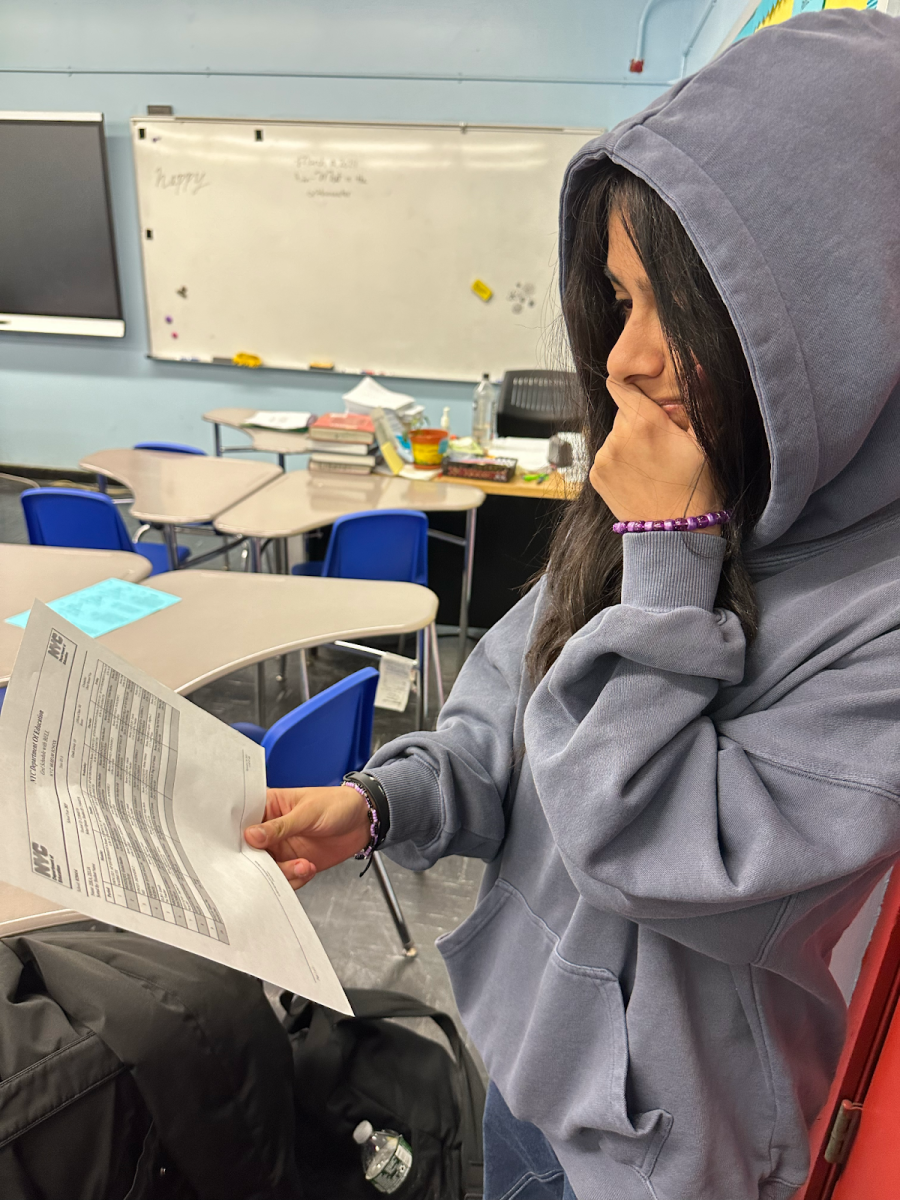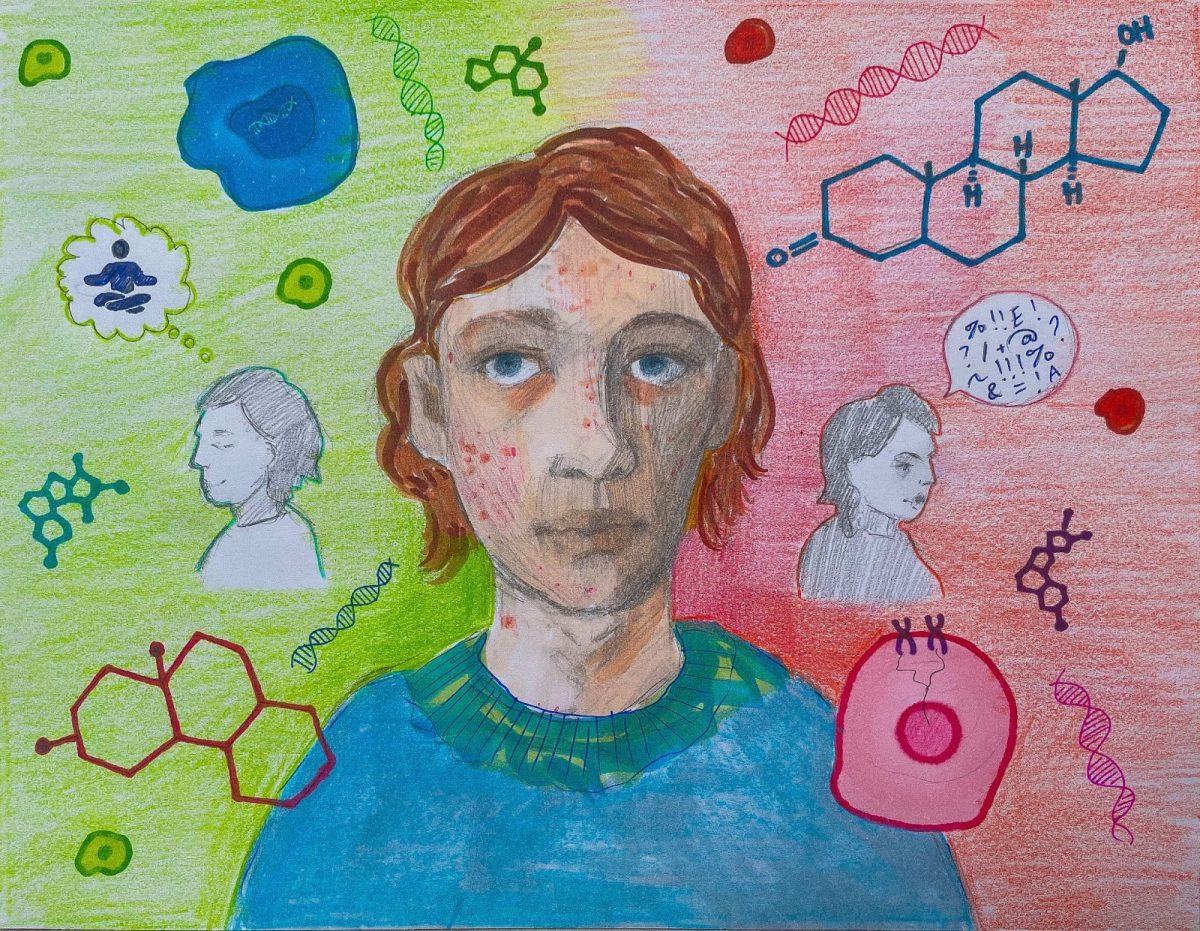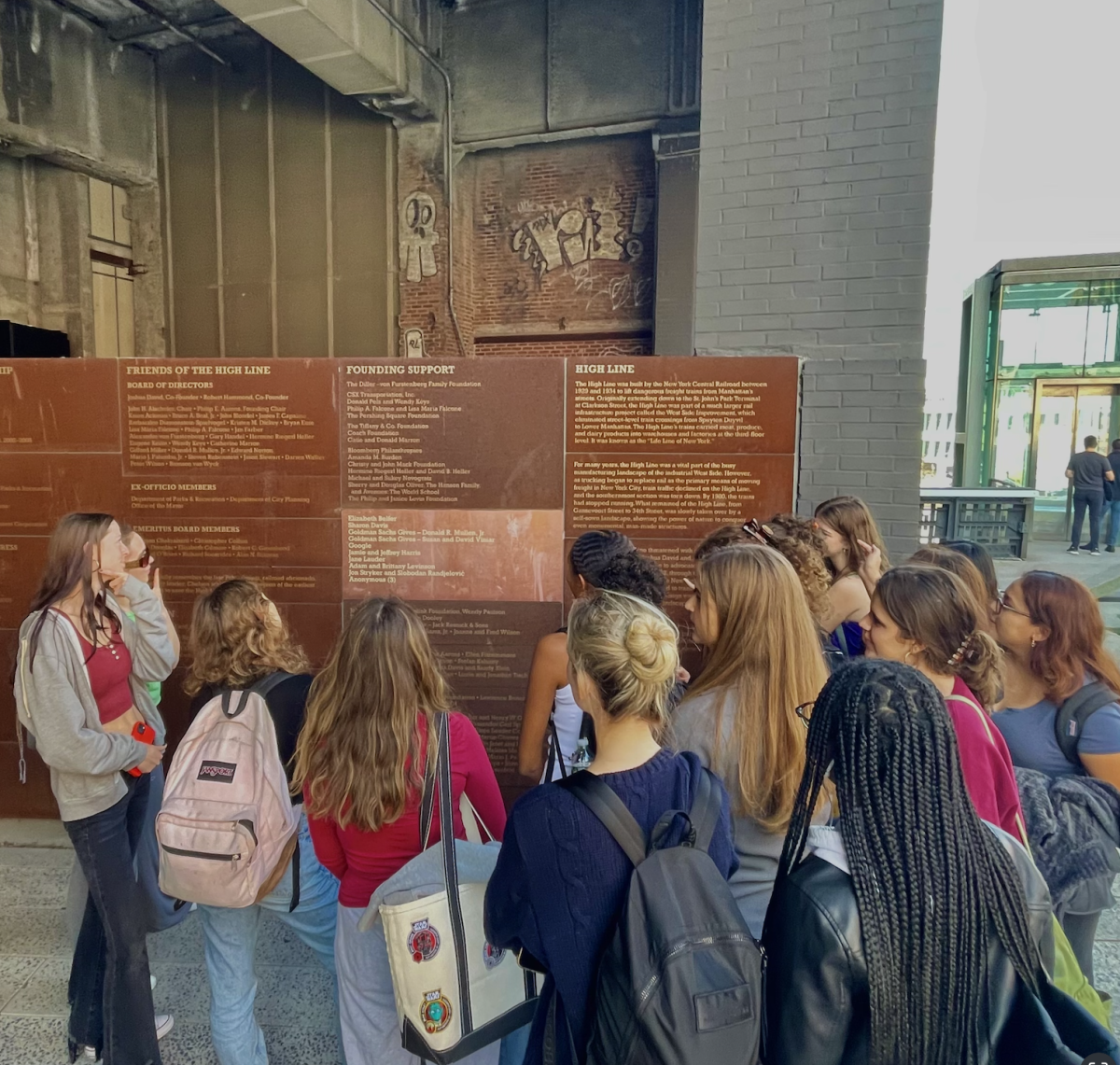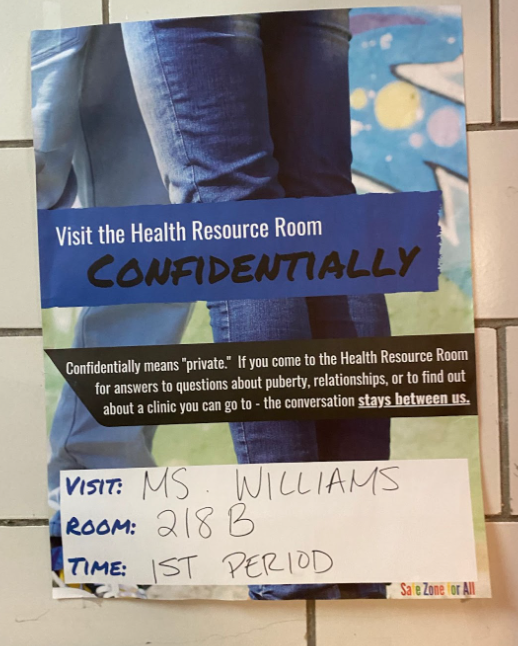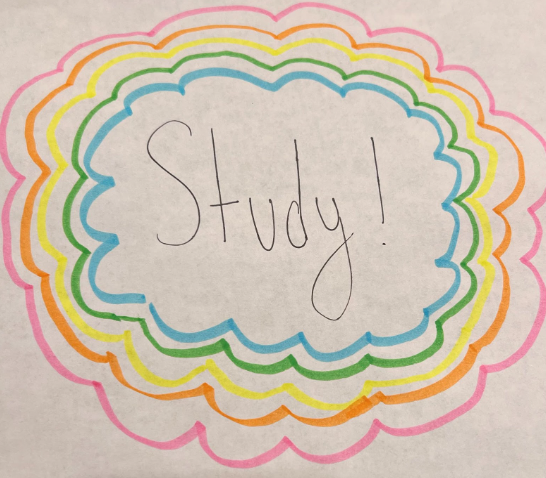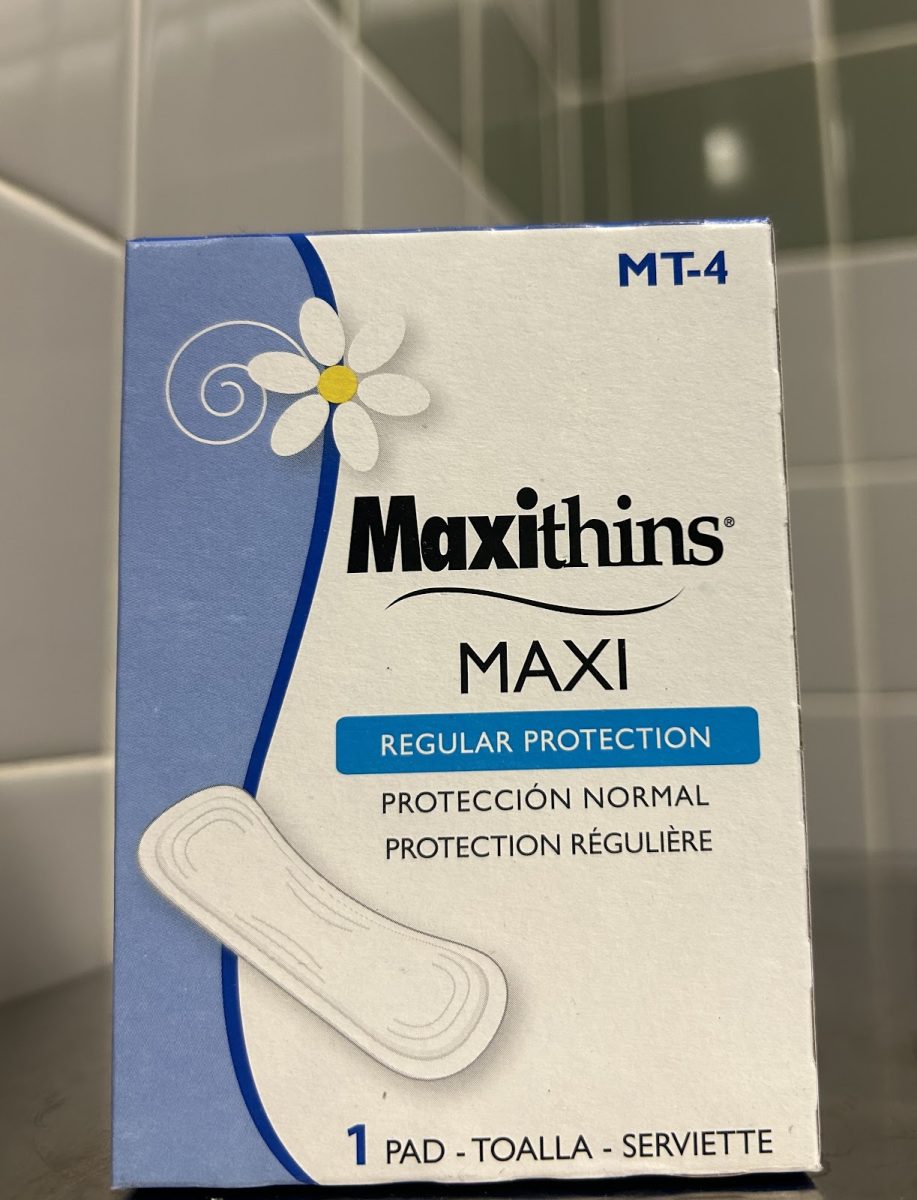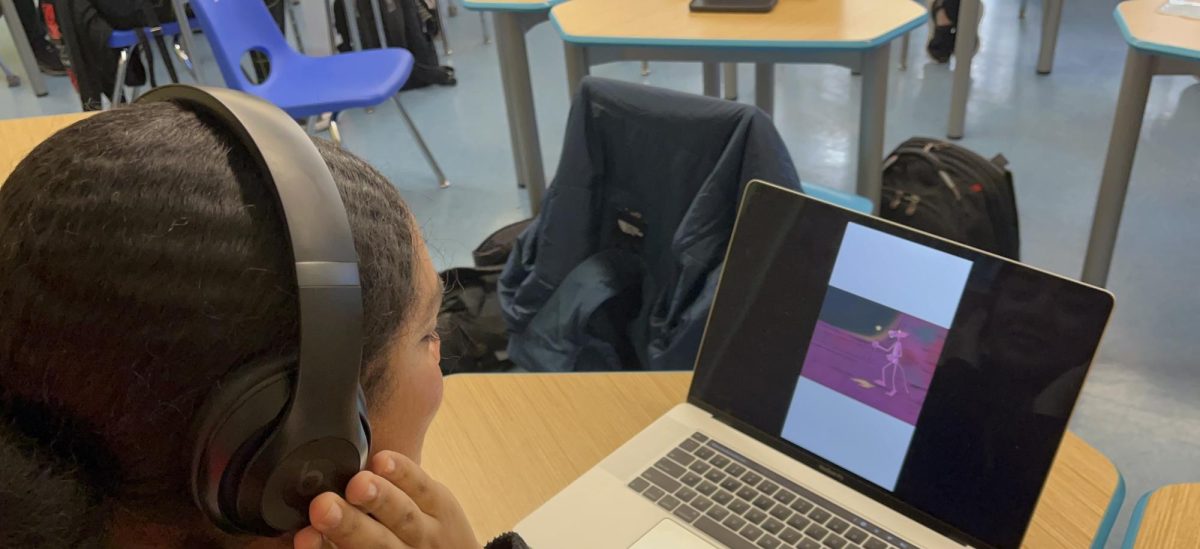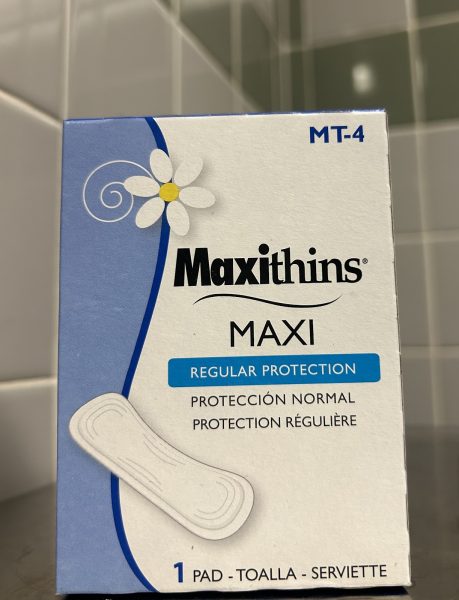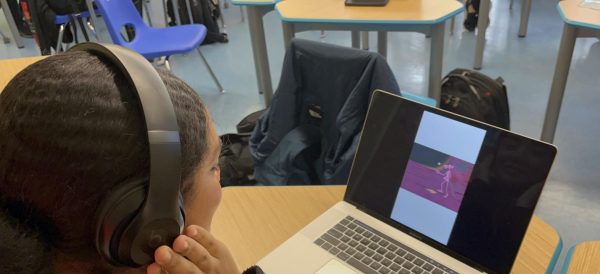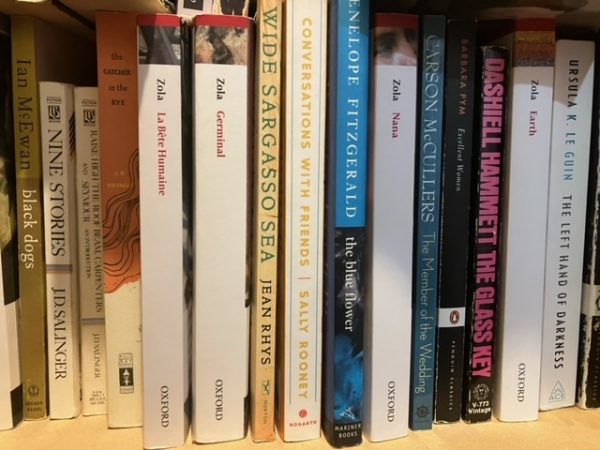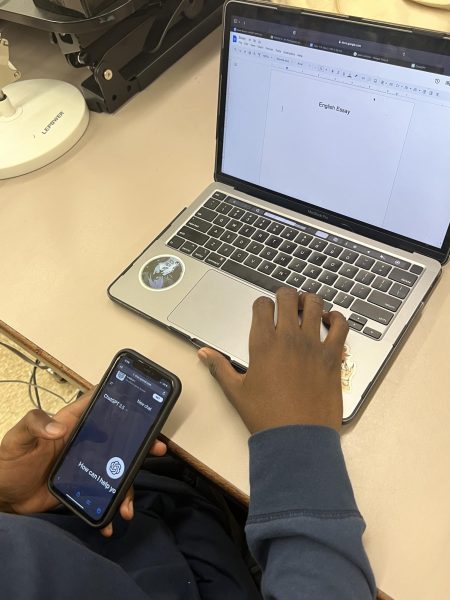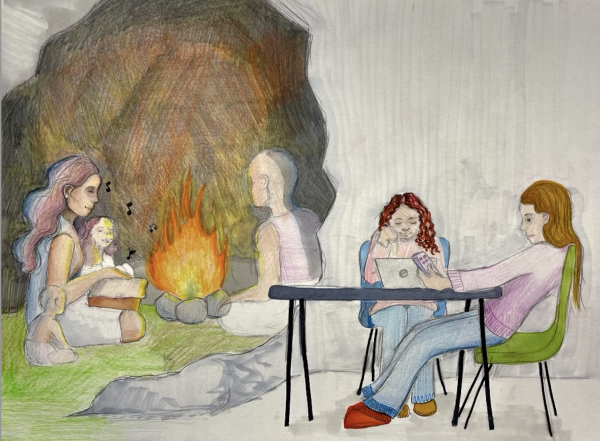Museum’s Cracks: Empathy, Respect, Organization, Communication, and Equity
June 14, 2022
Due to the ravages of 2020, which included a global pandemic and social injustice, New York City’s Department of Education has made the socio-emotional health of students a priority. We all know that if they hadn’t, they would probably be canceled. NYC Museum School has followed this lead and also aimed for social-emotional adequacy. As the school year comes to a close, how well has our school achieved this goal? And how are teachers surviving during this difficult time under administration’s management? Is their wellness prioritized?
Museum School administrators have held socio-emotional support for students as a high priority. However, several Museum students said they feel as though their experience with social-emotional wellness in several classrooms has been insufficient.
“I feel like some teachers realize when a student is struggling, but other teachers seem to not bother to bring it up or mention it,” said junior Belma Gruda. “They will notice you are having a bad day and won’t ask ‘How are you doing?’ or ‘Is everything going okay?’ Instead, they will pile on work and continue with the lesson as if it is okay… they may not realize that students come to school to get away from problems going on outside of school and honestly need a break sometimes. So in classes where I know teachers don’t do that, I feel less motivated to pay attention in their classes and do their homework.”
Finley Eisenberg, a Museum School sophomore, also agrees that while some teachers are supportive, others are not. “With many of my current teachers, I do feel respected and heard. However there are a few that don’t make me feel as recognized and comfortable.” She explained, “I have a lot of problems, and I know that it is very difficult to accommodate just me because there are so many students. But there are teachers who find ways.”
She elaborated, “A few teachers give me leniency with deadlines and the freedom to take a lap, if needed, before class. Then there are a few who don’t listen to concerns or questions, don’t provide help in the way I need and don’t try to figure out what that way is. There are teachers who are used to the idea of students as a whole and their ability to do a task, so when one fails to complete it they are left confused and blame the student.”
Ms. Williams, a guidance counselor at Museum School, said, “In general, students respond to teachers really well… it [socio-emotional curriculum] will look different class to class because teachers are the ones really running it… and folks have to be comfortable facilitating it.” Essentially, educators need to be up to the task of implementing social-emotional curriculum in their classrooms, and there may be hesitation on behalf of some educators to carry out social and emotional practices in their classrooms.
Senior Ravi Vietro said it’s all about respect. “Yeah, for sure— [SEL] is on a teacher by teacher basis. There are some teachers that I respect because they respect me, and you know, I feel like that helps. If I feel like you have respect for me, then like, I will respect you; and the same for people I don’t respect.”
Elijah Delacruz, a freshman at Museum School, explained that some teachers seem to lack awareness regarding the struggles that students are going through. “I have some teachers here and there that ask me how I’m doing, but some just focus on the work, primarily. It’s mostly just my friends asking me ‘What’s up?’ whenever I’m feeling down. I feel like some teachers may have hurt my socio-emotional health—not purposely, but accidentally. Some should be more mindful. Most teachers have met my needs with empathy and respect, but for those who haven’t, I feel like they don’t really think about their actions when they think about other students—they’ll do something without thinking about how the student may feel about what they’re doing.”
It is no secret that 2020 has also imposed challenges on teachers. Are Museum administrators doing their best to alleviate this stress? In the exhausting aftermath of a year plagued with extreme changes and various catastrophes, educators are in need of SEL, too.
Ms. Carr, a Global History teacher at Museum, gives us an inside perspective on social emotional wellness for teachers when she reminds us that teachers, as well as students, need support if they are going to carry out their jobs to the best of their abilities. She highlights the importance of organization and communication between teachers and administrators in a school community. “At the last school that I worked at, our administrator gave us… a working calendar that we had constant access to from the beginning of the year to the end. We knew exactly when our professional development sessions were; we knew the time and dates of school events and functions; we knew things we needed to know upfront, where I feel like sometimes here, it is very last minute.”
Carr also noted, “I think it’s hard because of the turnover of administrators [the last three years], but having more teacher voice in decision making and having that be a very open… like everything is out there. I think every decision that’s made, especially as it regards us, should be a collaborative, open discussion.” She continued, “Again, I think the shortage of subs is a city-wide issue, but the fact that teachers have coverages at least once a week when we have only one period off a day, that takes a lot of time away from planning or grading or collaborating with our peers.”
Algebra I and II teacher Ms. Schleissmann also expressed concern about organization equity at Museum School. “I think there should be more of a balance within the school of equitable teaching assignments, equitable responsibilities,” she explained. “A huge issue that has impacted my wellness this year is a lot of teachers have called out because people have COVID, people are sick, people are being cautious—I understand that. However, a lot of those times, we don’t get subs at this school because there is a lack of subs in the system, as a whole, so I often only have lunch to plan for the next day, eat, make copies, use the restroom and have a break from it all.
She continued, “Even just using the restroom is such a tough thing to do because if I don’t have my prep period because I’m covering a class, I have zero time to do anything. The best thing for my personal wellness is a balance within my schedule so that I can get work done during my contractual hours. Then I can go home and work on my own wellness outside of school.”
Ms. Schleissmann said she understands the challenge Museum administrators face when deciding to prioritize and aid in teacher wellness, and she empathizes with them. “I think that’s a tough question because I think there are expectations adults know how to take care of themselves, and therefore, we are taking care of the students. It’s also tough because I want to empathize with our admin—I don’t know how their wellness is.”
She elaborated, “Ms. Hindelong does all of the sub assignments and coverages…, and with everyone calling out so much, she’s been doing it this whole week even though she’s out sick. So with everyone calling out, I’m sure she’s stressed trying to figure out ‘Ok, first period, who can cover this class? Second period…’… So… it’s tough. I think everyone is unwell to be quite honest. Everyone is unwell.”



